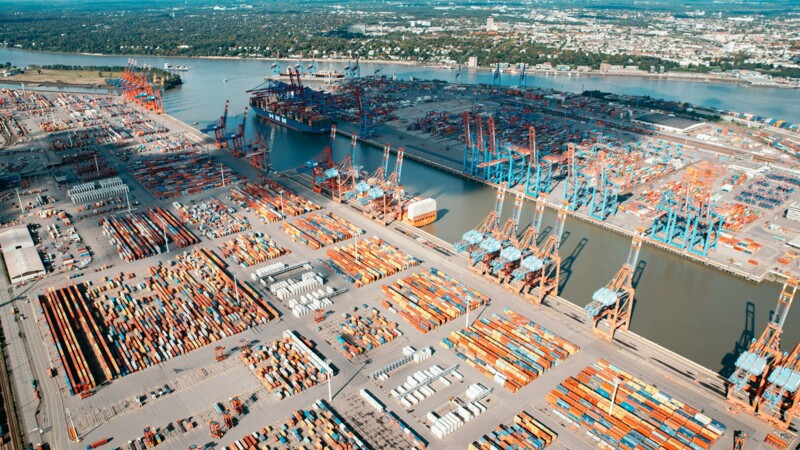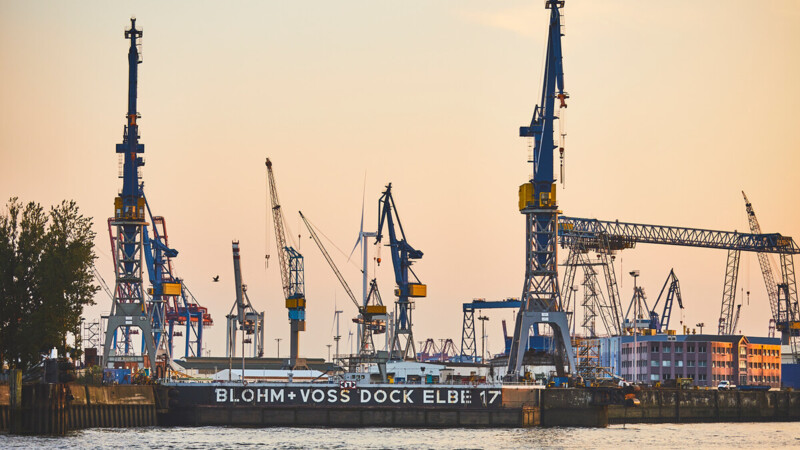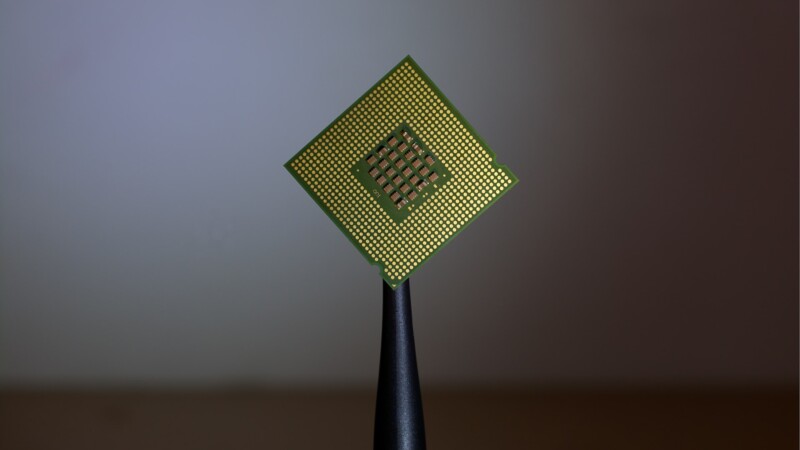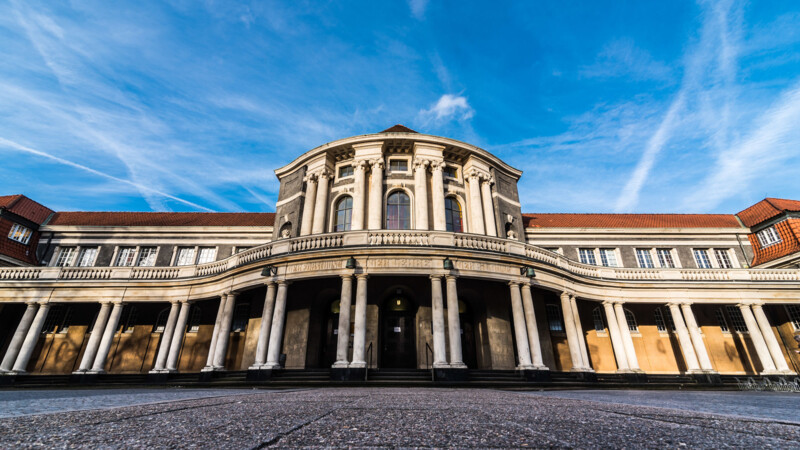Fleet-based route planning increases the number of possible routes sharply with the number of ports, acccording to Sebastian Rubbert, a theoretical physicist and data scientist at Fraunhofer CML in Hamburg: "Even with 60 ports, there are more possibilities than particles in the universe," he noted. Conventional computers cannot calculate that as they are programmed with bits as data units (zeros and ones). A quantum computer could assume any probabilities and require only a few thousand steps instead of a million.
Quantum computers could be used to plan shipping routes, improve the course and to keep fuel consumption to a minimum, a meeting of the Maritime Cluster of Northern Germany (MCN) concluded Friday (March 4, 2022). Quantum computing could also solve complex problems faster and yield results that benefit the maritime and other industries.
Benefits for route planning
First promising trials
The use of quantum computing may soon be feasible, Rubbert said. "We are on the way to technical maturity. Overall, I see great potential for quantum computing." One possible use case is so-called just-in-time navigation, according to Wolfgang Mergenthaler, Managing Director of Frankfurt Consulting Engineers. Based on improved data exchange, tankers and bulk carriers could optimize their speed to avoid waiting times in ports. "As a result, a ten to 12 per cent saving in fuel is quite realistic," he pointed out. The first promising tests for calculating the optimized speed on a quantum computer have already been done with several universities and companies.
tn/sb
Sources and further information
Maritimes Cluster Norddeutschland (MCN)
The Maritime Cluster Norddeutschland boosts co-operation across northern Germany. MCN has branches in Bremen, Hamburg, Mecklenburg-Western Pomerania, Lower Saxony and Schleswig-Holstein and co-operates with local stakeholders. It also supports the search for innovation partners, provides information on funding schemes and facilitates contacts throughout the maritime industry. MCN's members include more than 350 companies and institutions in commerce, science and the political sphere.
More
Similar articles

Hamburg and Bremen Chambers of Commerce issue position paper on ports

EU's Smooth Ports to reduce emissions

